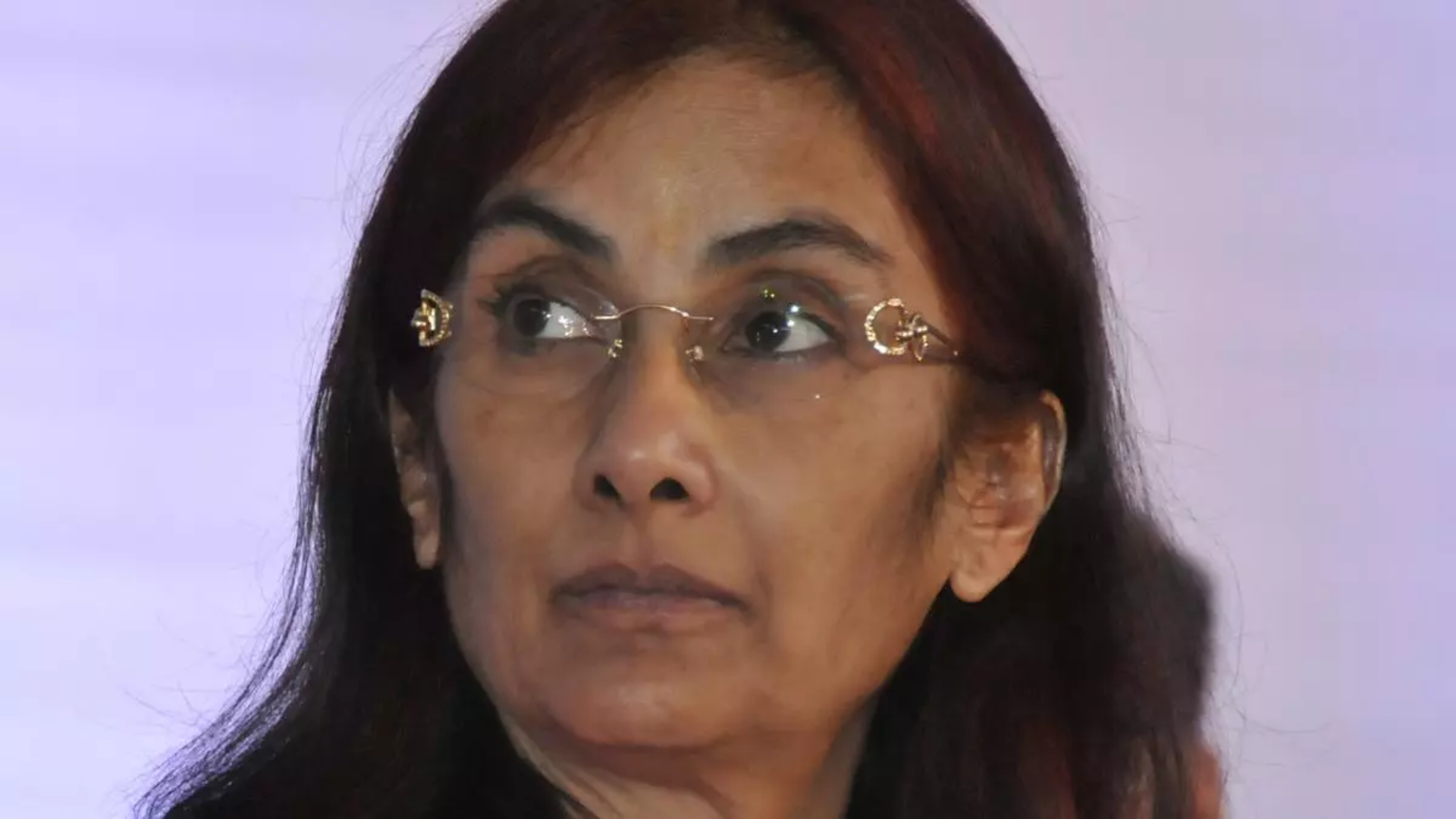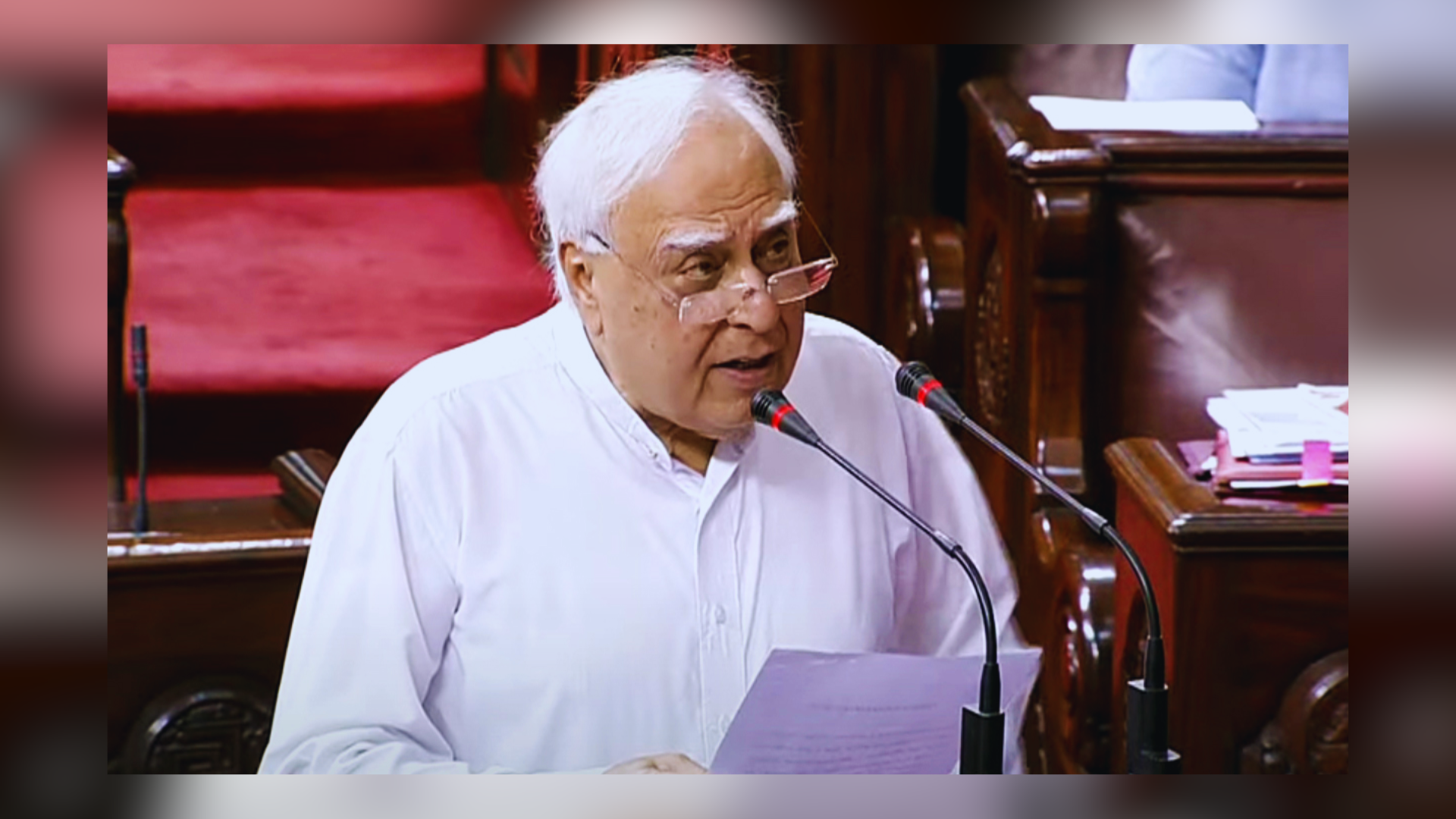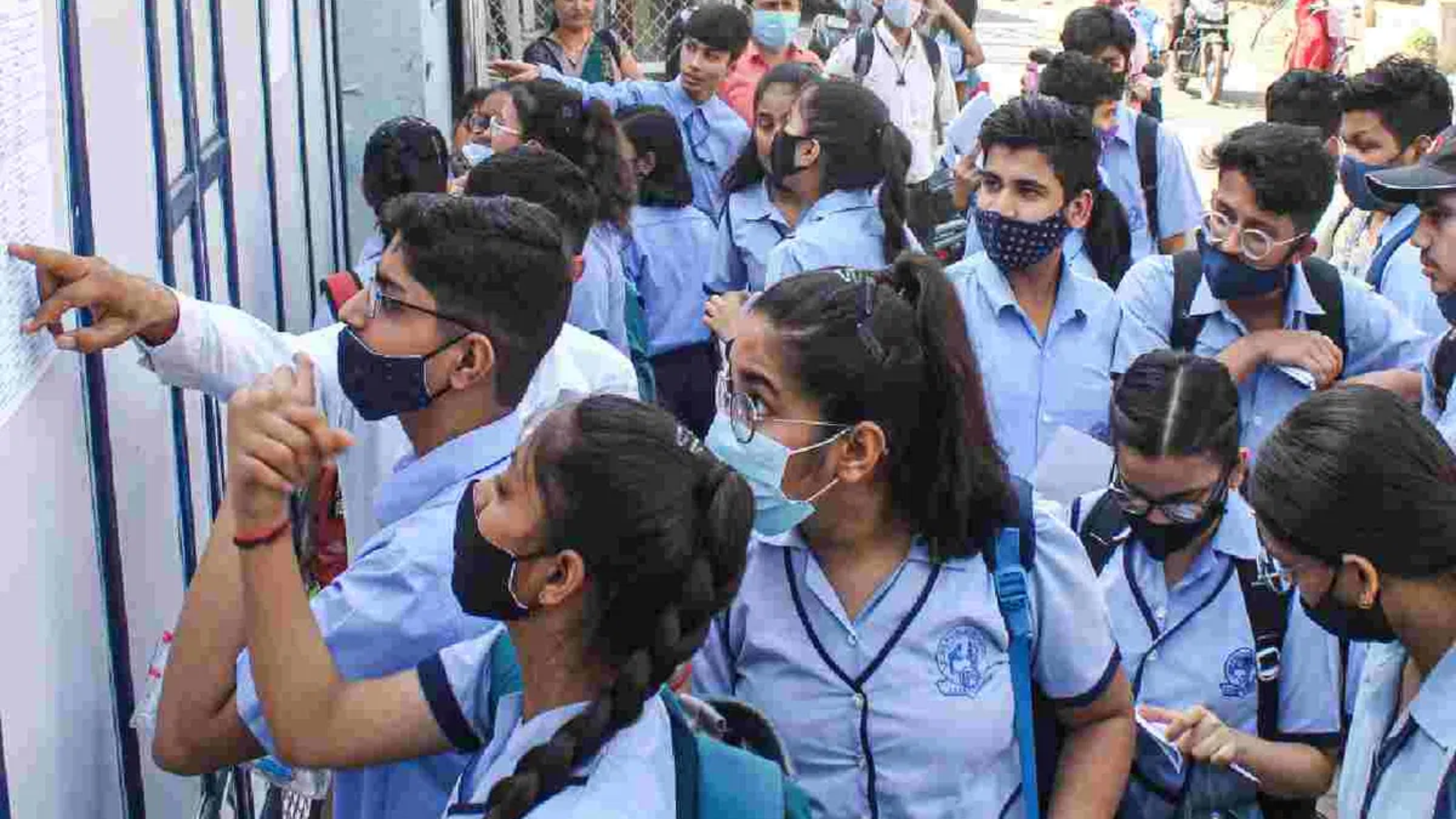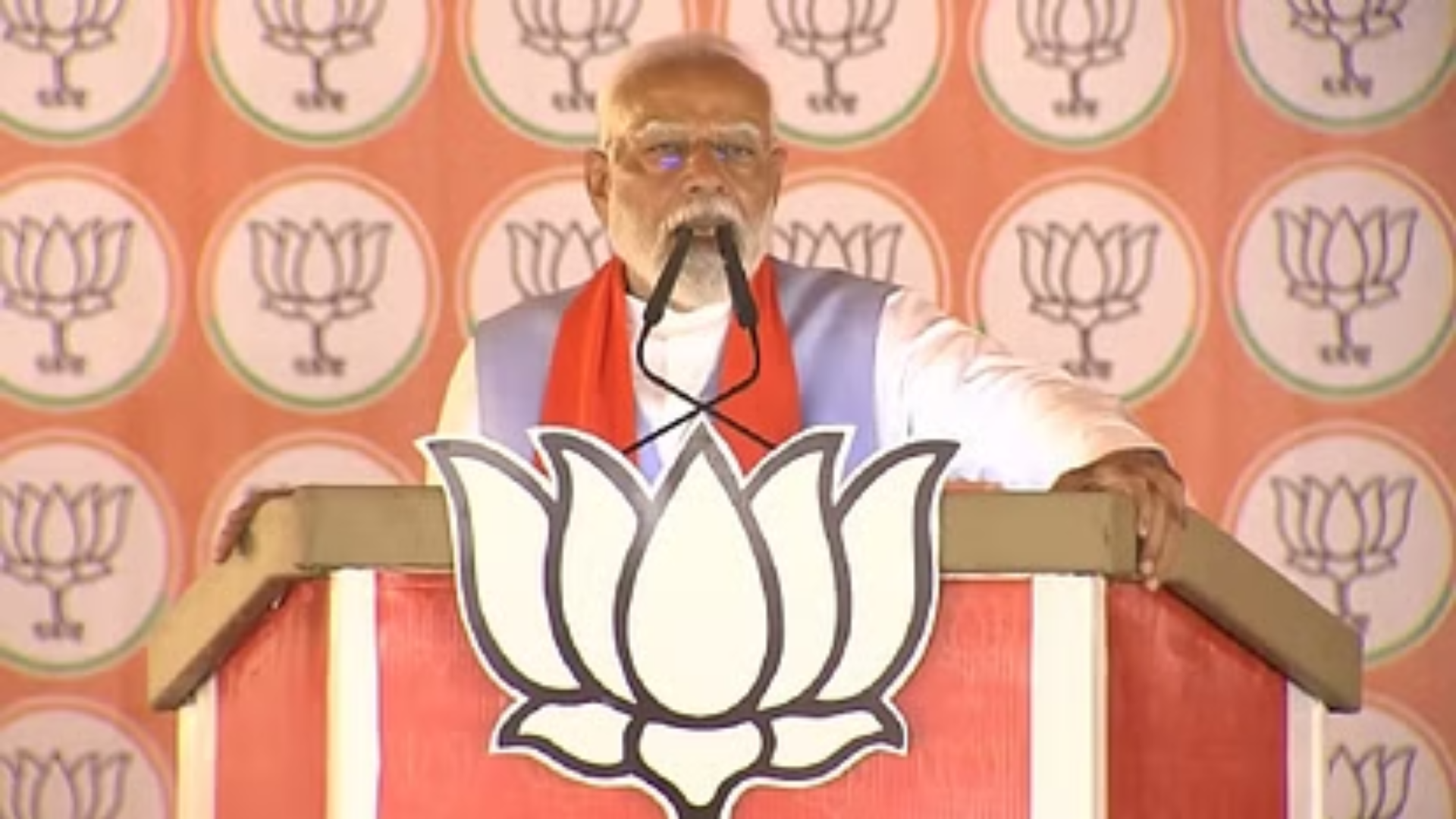





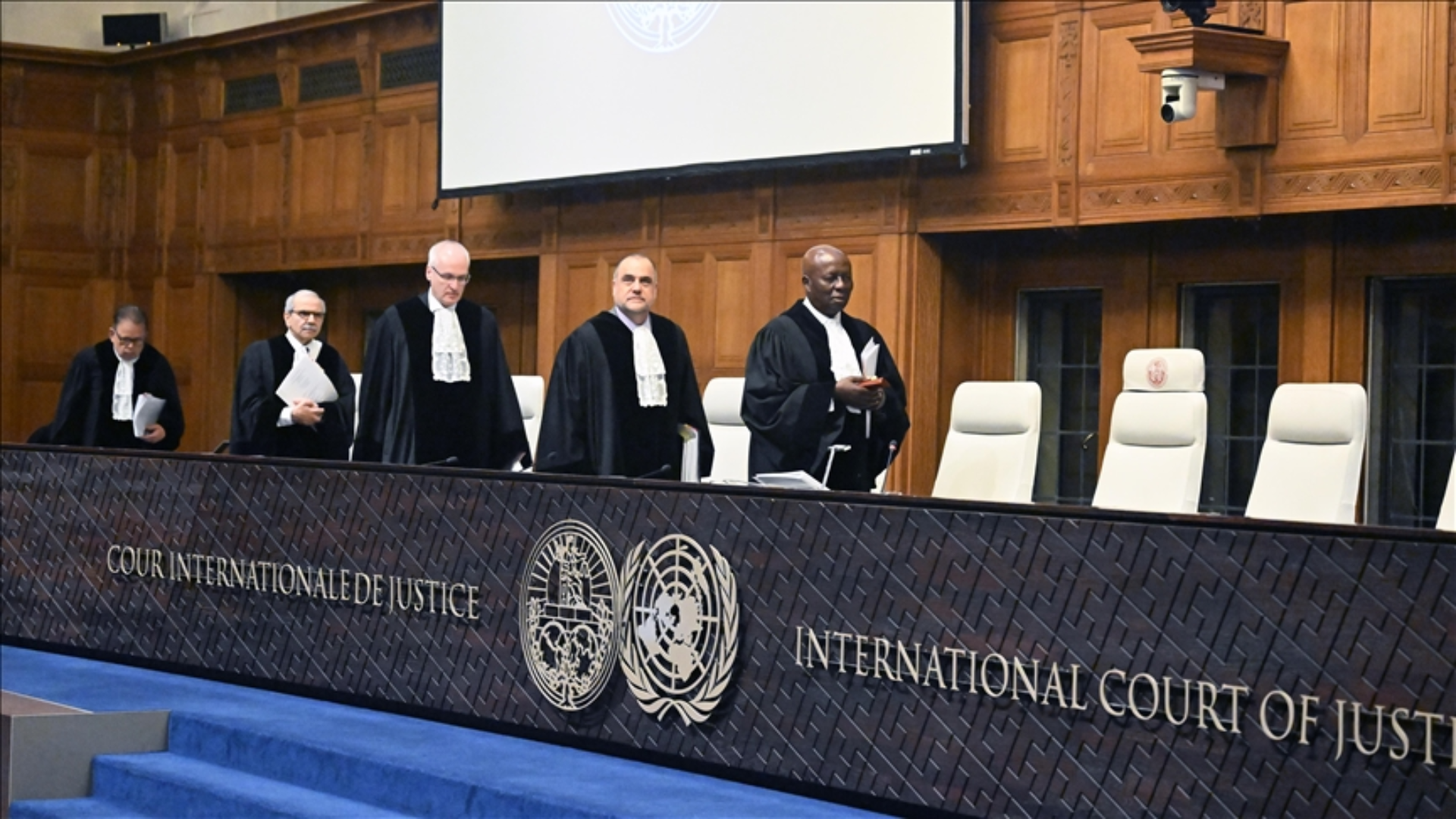
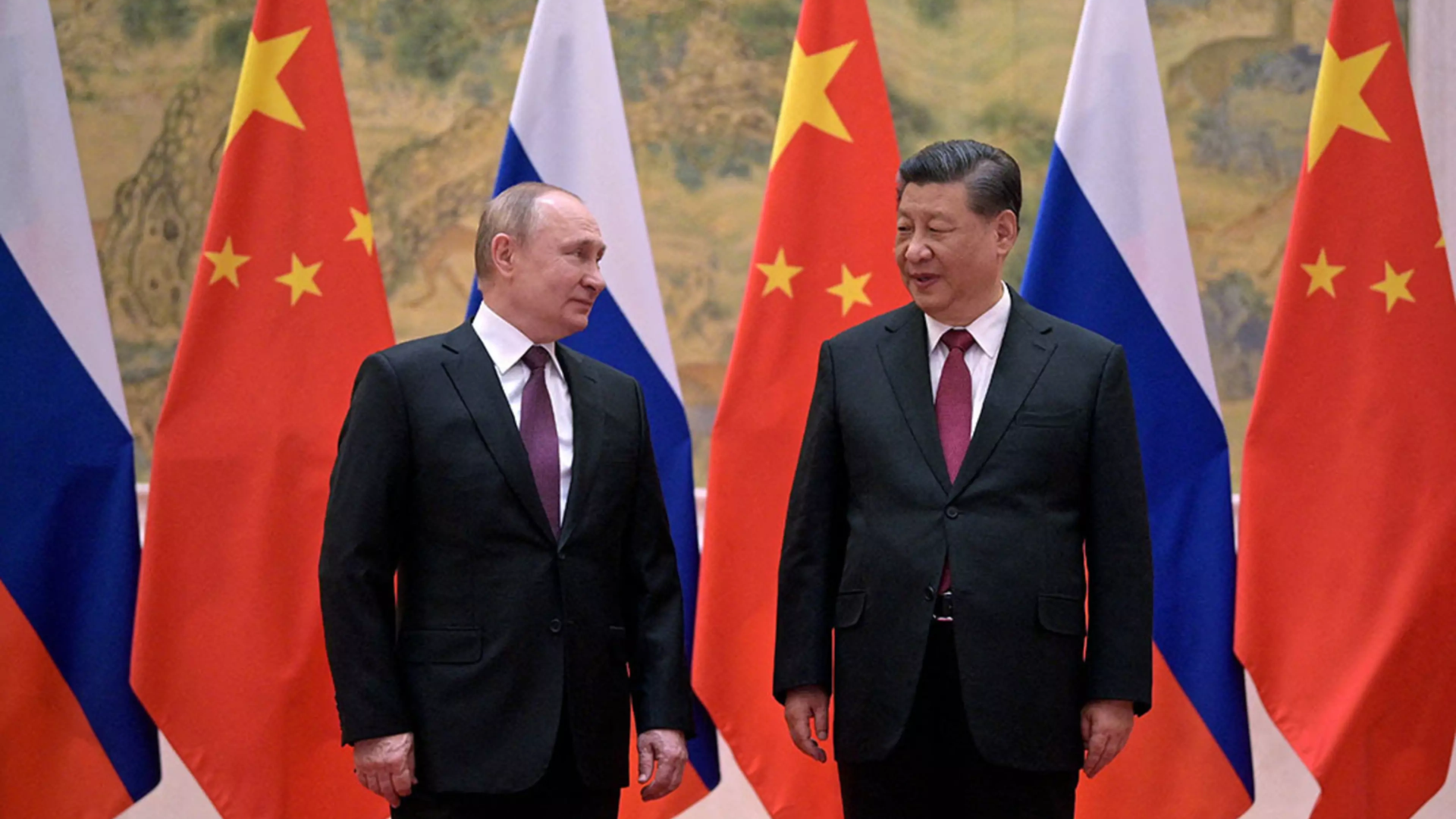



George Soros, the Hungarian-born American investor, recently announced that he would be transferring control of his $25 billion empire to his 37-year-old son, Alexander Soros. In an interview with the Wall Street Journal, George Soros explained that while he initially hesitated to hand over leadership of the Open Society Foundations (OSF) to any of his five children, Alexander had proven himself deserving of the role. The Soros family has long been committed to supporting democracy-building efforts worldwide through their philanthropic endeavours.
NewsX discusses the latest development with esteemed guests, including AMB Mukherjee, Joyeeta Basu, Sharad Kohli, and Aman Agarwal, gathered to share their insights on this matter. The debate focused on Soros’ perceived role in Indian affairs, his views on Indian leadership, and the potential implications of his statements.
Alexander Soros, currently serving on the investment committee for Soros Fund Management, expressed his intentions to uphold the established objectives of the Open Society Foundations. These objectives include promoting free speech, criminal justice reform, safeguarding minority and refugee rights, and supporting liberal politicians. Additionally, Alexander aims to introduce initiatives focused on voting rights, abortion rights, gender equity, and a more domestically oriented agenda within the United States.
George Soros gained attention in India earlier this year when he predicted that the Adani-Hindenburg crisis would lead to a democratic revival in the country. However, his statement received criticism from various quarters of Indian society, including the opposition and the government. During a speech ahead of the Munich Security Conference, Soros touched on a range of issues, including the Adani Group’s stocks selloff, Prime Minister Narendra Modi’s leadership, and India’s position in global politics.
AMB B. Mukherjee, a former diplomat, acknowledged the persistent rumours surrounding Indian politician Rahul Gandhi’s alleged funding during his visit to the United States. She emphasized the need for concrete evidence before drawing conclusions about any potential financial connection between Gandhi and George Soros.
Joyeeta Basu, an editor at TSG, highlighted allegations against industrialist Gautam Adani, accusing him of stock manipulation. Basu pointed out Prime Minister Narendra Modi’s silence on the subject, emphasizing the importance of addressing questions from foreign investors and in Parliament. She cautioned against making definitive judgments, acknowledging the unpredictability of Indian elections due to the vibrancy of its democracy.
Sharad Kohli, a senior economist, focused on the implications of George Soros’ statements for foreign investors. He emphasized the importance of transparency and addressing allegations of stock manipulation to create a conducive environment for economic growth. Kohli stressed that Modi should address the concerns raised by Soros to maintain investor confidence.
Aman Agarwal, Director at IIF, highlighted the democratic nature of India and emphasized the need for evidence to support claims against individuals like Adani. Agarwal stressed the importance of a fair and transparent electoral process and cautioned against prematurely drawing conclusions based on rumours.
The third PM debate on NewsX provided a platform for experts from various fields to delve into the George Soros-India connection. The discussion shed light on Soros’ perceived role in Indian politics, his views on Indian leadership, and the potential implications of his statements. As India continues its democratic journey, it is crucial to critically evaluate the influence of various stakeholders, substantiate claims with concrete evidence, and foster transparent and fair democratic processes.



